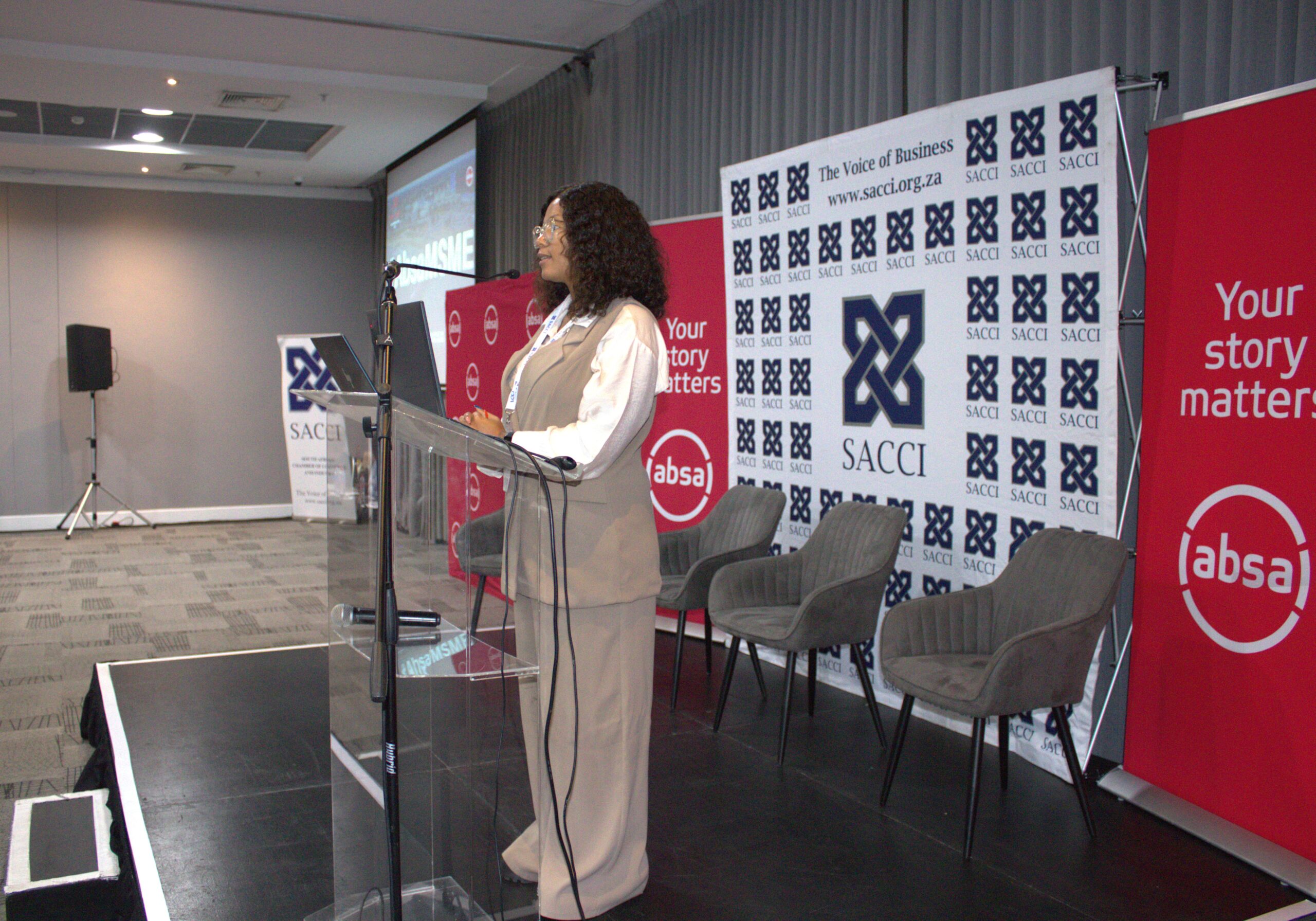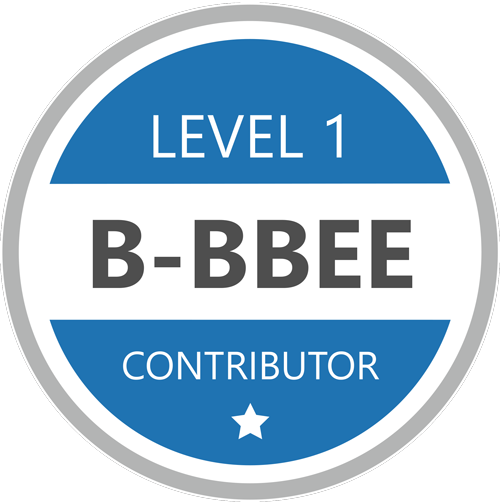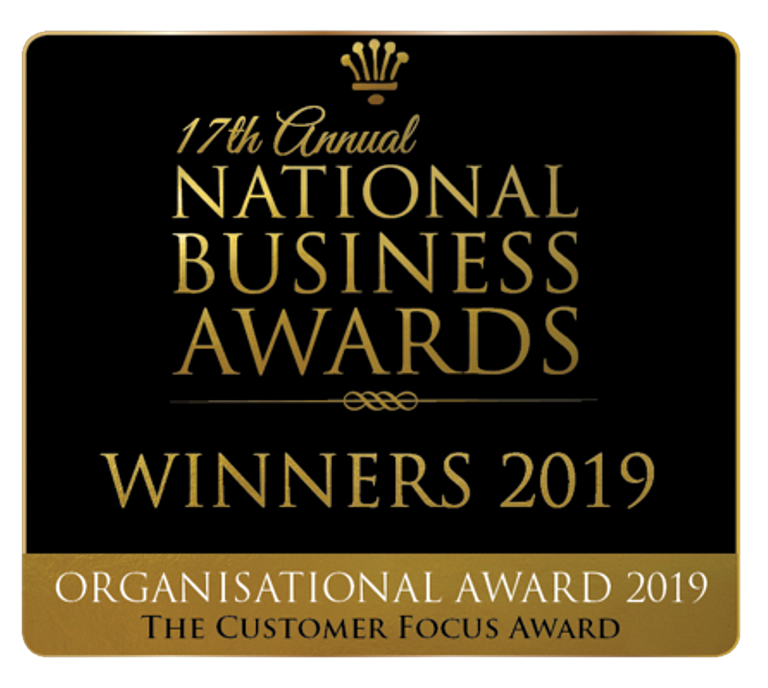Written by Andiswa Matutu, MaxProf Sales Director

Introduction
Corporate Income Tax (CIT) compliance and strategic tax planning are essential for manufacturers looking to minimise tax liabilities and maximise deductions. This guide explores key CIT strategies for manufacturing businesses.
Tax Incentives for Manufacturers
Section 12I: Industrial Investment Tax Allowance
This incentive supports large manufacturing investments:
- Greenfield Projects – New industrial projects qualify for up to 55% additional tax allowance (capped at R900 million), reducing taxable income.
- Brownfield Projects – Expansions of existing facilities qualify for up to 35% additional allowance (capped at R550 million).
- Training Allowance – Businesses can claim an additional R36,000 per employee for training and skills development.
- Approval Requirement – Applications must be submitted before starting the project to qualify for tax benefits.
Research & Development (R&D) Tax Incentive (Section 11D)
Manufacturers investing in R&D can claim:
- 150% Deduction on Eligible R&D Expenses – Encourages technological advancements and reduces taxable income.
- Accelerated Depreciation (50:30:20%) – Capital expenditures on R&D-related assets can be written off faster.
- Pre-Approval Required – Businesses must obtain approval from the Department of Science and Innovation before claiming deductions.
Special Economic Zone (SEZ) Tax Benefits
Manufacturers operating in designated SEZs enjoy:
- 15% Corporate Tax Rate – A significant reduction from the standard 27% corporate tax rate.
- 10% Annual Building Allowance – Tax relief on capital investments in new industrial facilities.
- Customs and VAT Incentives – Additional tax benefits apply to businesses operating in SEZ-controlled areas.
Tax Deductions and Liability Reduction Strategies
Common Tax Deductions
- Depreciation on Manufacturing Assets – Reduces taxable income by spreading capital investment costs over multiple years.
- Interest on Business Loans – Tax-deductible interest payments reduce borrowing costs and taxable income.
- Bad Debt Write-Offs – Businesses can deduct unpaid invoices deemed irrecoverable, lowering taxable profits.
- Employment Costs – Salaries, pensions, and training expenditures qualify for tax deductions, making workforce investments more affordable.
Assessed Losses & Carry Forwards
- 80% Offset Rule – Assessed losses can offset up to 80% of taxable income, limiting tax liabilities.
- Strategic Planning – Businesses should align capital expenses with tax deductions to optimise financial benefits.
Best Practices for CIT Compliance
- Timely Tax Payments – Late payments attract penalties and interest charges, negatively affecting cash flow.
- Accurate Tax Calculations – Errors in tax filings can result in penalties of up to 200% of the tax shortfall.
- Use SARS Verification Tools – Verifying supplier VAT details prevents compliance risks and ensures valid tax claims.
Leveraging Digital Tax & Accounting Software
- Automated Tax Calculations – Reducing errors and improving accuracy.
- Real-Time Tax Monitoring – Enhancing financial visibility and cash flow management.
- Integration with SARS eFiling – Simplifying tax submission processes and ensuring timely compliance.
Conclusion
Manufacturers who proactively manage CIT benefit from improved financial stability, reduced tax burdens, and greater profitability. Leveraging tax incentives, deductions, and digital tax solutions can help businesses optimise their tax strategies effectively.













